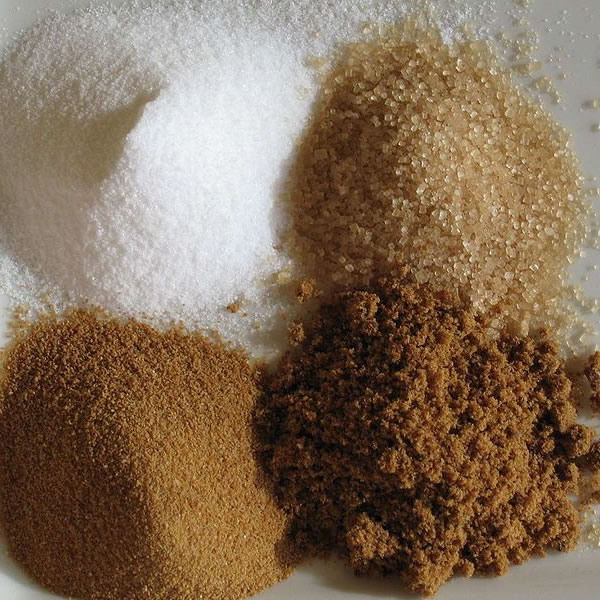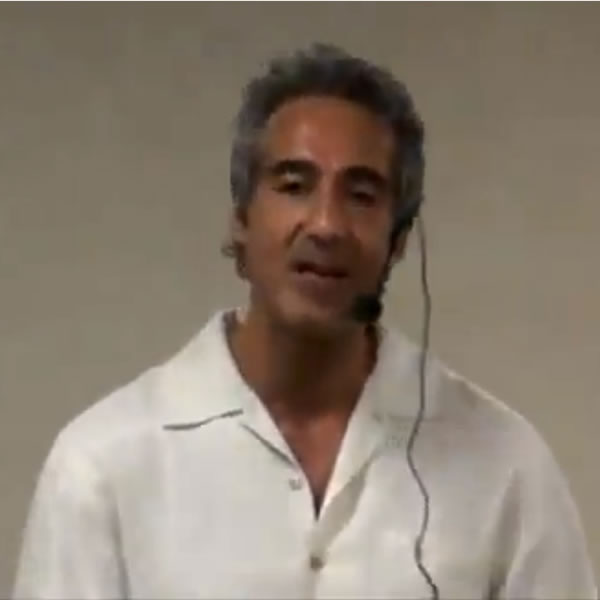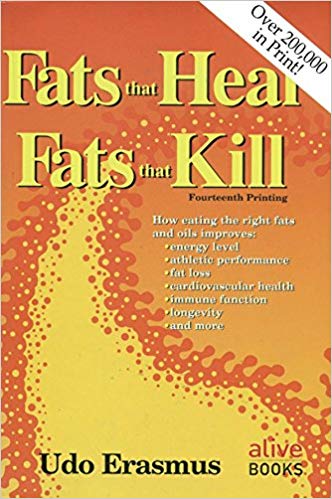By Ben Fuchs | Pharmacist Ben
 Any lingering doubt about the importance of nutritional supplementation should be dispelled by a recent article in the FASEB (Federation of American Societies for Experimental Biology) Journal. In the research, published online, scientists discovered that deficiencies in the mineral selenium imitated a highly sophisticated cascade of biochemical changes that protected essential reactions that depended on this important nutrient at the expense of reactions that are considered non-essential.
Any lingering doubt about the importance of nutritional supplementation should be dispelled by a recent article in the FASEB (Federation of American Societies for Experimental Biology) Journal. In the research, published online, scientists discovered that deficiencies in the mineral selenium imitated a highly sophisticated cascade of biochemical changes that protected essential reactions that depended on this important nutrient at the expense of reactions that are considered non-essential.
Even more significantly, according to Dr. Joyce McCann, Associate Staff Scientist in the Nutrition and Metabolism Center at Children’s Hospital Oakland Research Institute and a co-author of the study, deficiencies in selenium resulted in genetic changes that shared characteristics of age related diseases including cancer, heart disease, and loss of immune or brain function. While toxic at high levels, small amounts of selenium perform many critical functions in the body and even the low RDA levels are hard to obtain from diets which contain high amounts of processed and refined foods.
As Gerald Weismann M.D., Editor in Chief of the FASEB Journal succinctly stated: “This research should settle any debate about the importance of taking a good, complete multivitamin every day”.
Selenium is a strong antioxidant which is thought to protect us against the ravages of free radicals. Added source of Bilberry Extract, Aloe Vera, Copper, Chromium, Vanadium and Zinc.
Sources: University of Arizona study Double Blind “Gold Standard” U.S. Department of Agriculture & University of Brussels
The FDA authorized the following health claims submitted by the company and Dr. Wallach: Selenium may reduce the risk of certain cancers.
Selenium may inhibit Hashimoto’s disease, in which the body’s own thyroid cells are attacked as alien. A reduction of 21% on TPO antibodies is reported with the dietary intake of 0.2 mg of selenium.
Increased dietary selenium reduces the effects of mercury toxicity, although it is effective only at low to modest doses of mercury. Evidence suggests that the molecular mechanisms of mercury toxicity includes the irreversible inhibition of selenoenzymes that are required to prevent and reverse oxidative damage in brain and endocrine tissues. An antioxidant, selenoneine, which is derived from selenium and has been found to be present in the blood of bluefin tuna, is the subject of scientific research regarding its possible roles in inflammatory and chronic diseases, methylmercury detoxification, and oxidative damages.
Wikipedia














